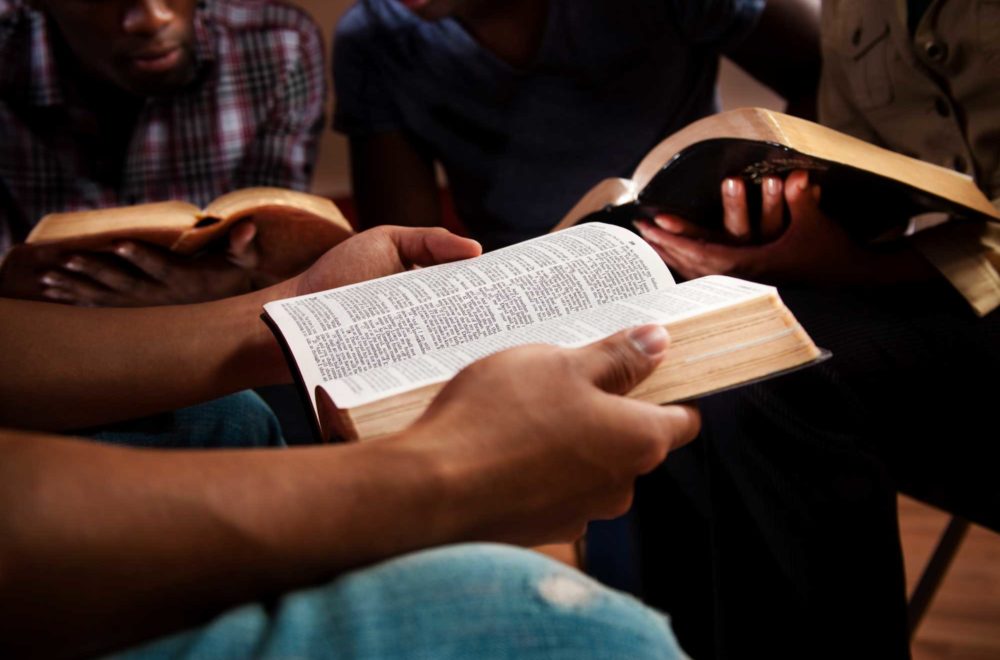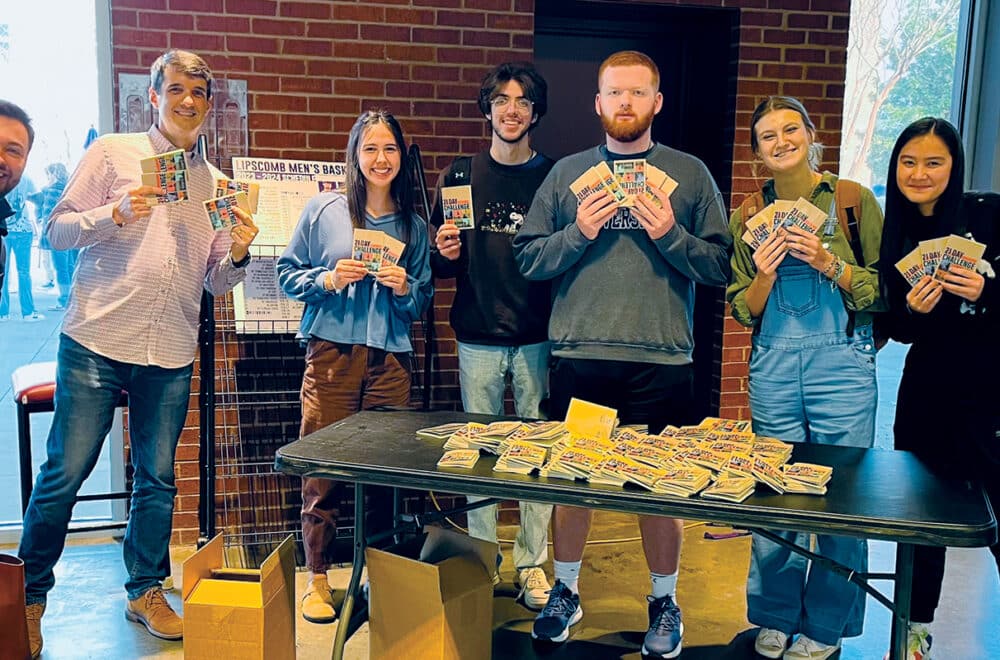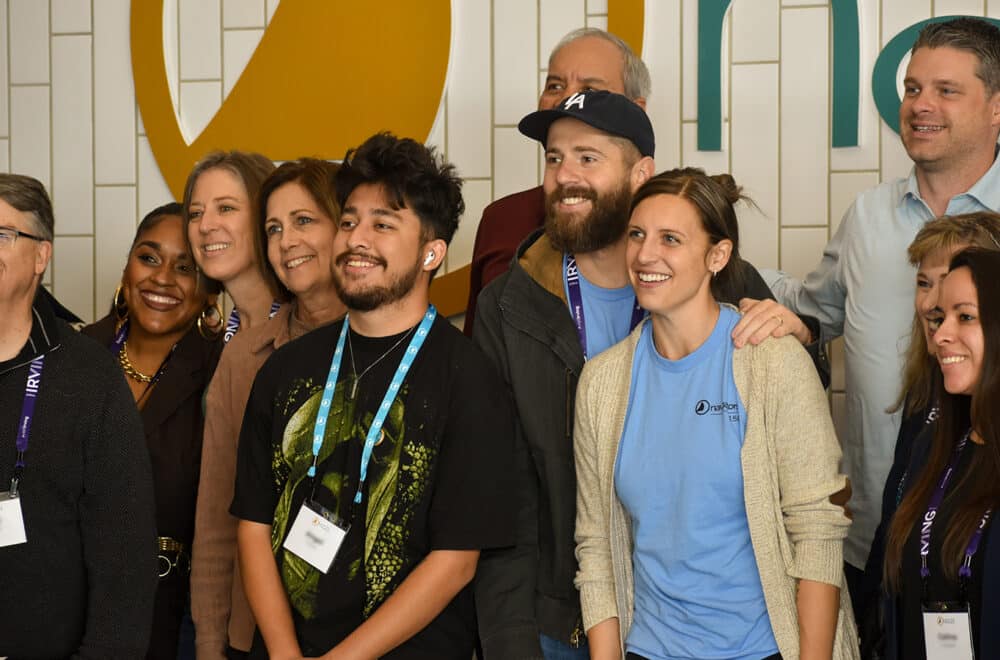Biblical kindness isn’t benign goodwill. There’s a cost, a choice to do good, emerging from the prompting, conviction, and power of the Holy Spirit. The story of Ruth shows us how God uses kindness for His purposes and glory. Use this Bible study on Ruth 2 for both your personal spiritual growth and with those you’re discipling.
Read: Ruth 2
Remarks:
The summer of 1936, a Black athlete named Jesse Owens went to Berlin to represent the United States in the Olympics. Owens’s decision was a brave one, a choice to face down explicit prejudice: Adolf Hitler’s hope in hosting the Olympic games in Berlin was to prove Aryan superiority to the world.
During the qualifiers for the long-jump event, Owens’s foot twice crossed the foul line, putting in danger his chances of competing. At that point, his strongest rival, a German competitor named Luz Long, told Owens that he could easily qualify if he jumped just before reaching the marker.
Owens later wrote about Long’s act of kindness: “What I remember most was the friendship I struck up with Luz Long. He was my strongest rival, yet it was he who advised me to adjust my run-up in the qualifying round and thereby helped me to win.” After Owens made the jump Luz continued to choose kindness, congratulating his rival. “Hitler must have gone crazy watching us embrace,” Owens said.
In the midst of tremendous pressure and tensions with global ramifications, Luz Long chose active kindness—moving toward another person to care for him, no matter the cost.
Reflection Questions:
- Whom do we see Ruth interact with in this passage? What do you observe from their interactions with her (or lack thereof)?
- After Boaz learns about Ruth from his overseer (see verses 5-7), how does he go above and beyond Old Testament law in showing kindness to Ruth (see verses 8-9)?
- Ruth is astonished by the kindness of Boaz—especially since she is a foreigner (see verse 10). What do we learn about Ruth’s own kindness and character through Boaz’s response to her (see verses 11-12)?
- Ruth returns to Naomi with both a meal and about 30 pounds of barley—an extraordinary amount. How does this entire passage, including Ruth and Naomi’s conversation, reveal God’s kindness and care for the two women?
- Our kindness should never emerge from a selfish motive or come with an expectation of receiving something in return. Yet kindness to others often becomes unintentionally reciprocal. Why might this be?
- The kindness of Boaz had implications far beyond his and Ruth’s lives: because of his decision to act with goodness toward someone in need, Boaz and Ruth eventually married, becoming ancestors of both King David and Jesus.
When the Holy Spirit prompts us toward kindness, God is up to something, even if we never see the end result. When have you experienced God’s conviction to show kindness to another person?
Continue your study of God’s character with The Fruit of the Spirit: A Bible Study on Reflecting the Character of God (LifeChange), by NavPress. Purchase the complete Bible study at navpress.com or call our publishing partner, Tyndale House, toll free at 1-855-277-9400.
Share this Navigators Discipleship Tool
Download a print friendly PDF of Kindness: Caring for One Another Bible study resource to pass along.
Navigators Discipleship Tools are designed for sharing with your Bible study, church groups, and those you are discipling.





By commenting, you agree to our Code of Conduct.